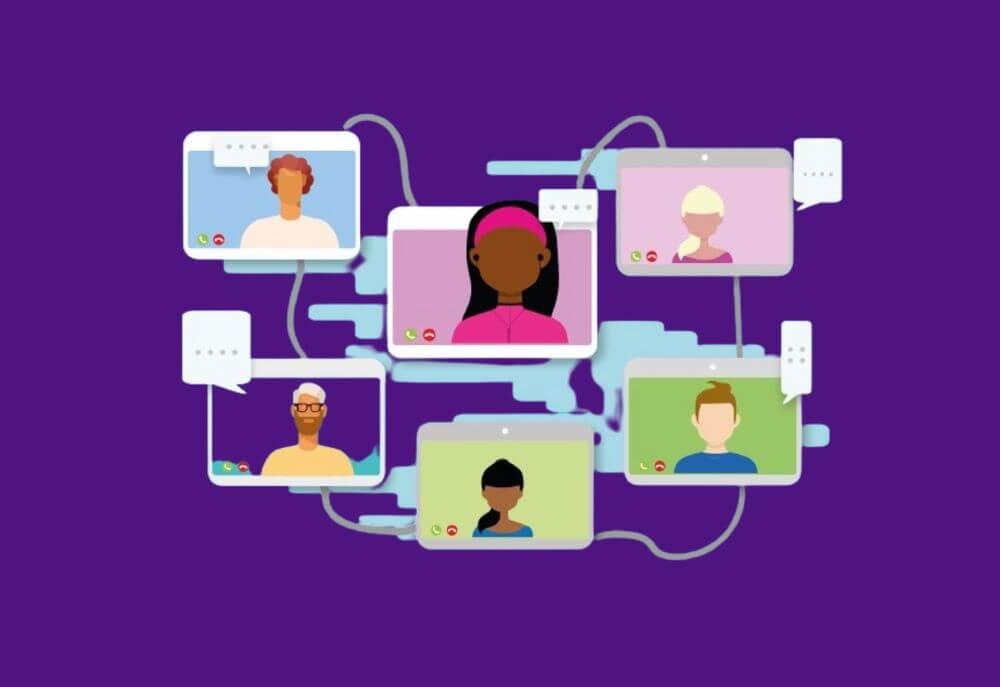One-on-one meetings are a cornerstone of effective management, offering a unique opportunity to connect with employees, understand their needs, and guide their professional development. However, the success of these meetings often hinges on the questions you ask.
The right questions can open doors to deeper insights, foster employee engagement, and strengthen the relationship between managers and their direct reports.
In this article, we’ll explore essential questions for one-on-one meetings that can help you achieve these goals.
The Importance of One-on-One Meetings
Before diving into specific questions, it’s essential to understand why one-on-one meetings are so valuable. These meetings provide a safe space for employees to express their thoughts, concerns, and aspirations. They also allow managers to provide personalized feedback, set expectations, and align on career goals. When done correctly, one-on-one meetings can significantly boost employee motivation, engagement, and overall satisfaction with their work environment.
Building Trust Through Personal Check-In Questions
One of the first steps in a successful one-on-one meeting is building trust. Employees need to feel that their manager genuinely cares about their well-being, both personally and professionally. To establish this trust, start with questions that focus on their personal life and work-life balance.
- “How are you feeling about your work-life balance lately?”
This question shows that you care about the employee’s overall well-being and helps you gauge if they are feeling overwhelmed or content with their current workload. - “What hobbies or activities outside of work have you been enjoying?”
Asking about personal interests demonstrates that you see them as a whole person, not just an employee. This can strengthen your relationship and create a more supportive environment.
These questions help set a positive tone for the meeting and make employees feel comfortable sharing more about their work-related experiences.
Clarifying Roles and Setting Expectations
Clear expectations are crucial for both managers and employees. Misunderstandings about roles and responsibilities can lead to frustration and disengagement. Use your one-on-one meetings to ensure that your employees are clear on what is expected of them and how they can succeed in their roles.
- “Are you clear about your current priorities and responsibilities?”
This question helps you ensure that the employee knows what they should focus on and where their efforts are most needed. - “What does success look like in your role, from your perspective?”
Encouraging employees to define success in their own terms can provide insights into their understanding of their role and reveal any discrepancies in expectations. - “Do you feel that your current role aligns with your career aspirations?”
This question allows for a discussion about long-term goals and whether the employee feels their current position is helping them grow in the desired direction.
By addressing these areas, you can ensure that your employees are not only clear about their responsibilities but also feel that their work is meaningful and aligned with their career goals.
Supporting Career Development and Aspirations
One-on-one meetings are an ideal time to discuss career development. Employees who feel that their manager is invested in their growth are more likely to be engaged and motivated. Ask questions that encourage them to think about their future and how you can support their development.
- “What new skills would you like to develop over the next few months?”
This question helps identify areas for growth and shows that you are committed to supporting their development. - “Where do you see yourself in five years, and how can I help you get there?”
Encourages long-term thinking and aligns the employee’s aspirations with the company’s goals. - “Are there any projects or tasks you would like to take on to develop new skills?”
This opens the door for opportunities that can enhance their skill set and make their job more fulfilling.
These questions not only help employees feel supported in their career journey but also allow you to align their growth with the needs of the company.
Enhancing Employee Engagement and Motivation
Employee engagement is a key factor in workplace productivity and satisfaction. Understanding what motivates your team members can help you create an environment that keeps them engaged and energized. Use your one-on-one meetings to explore what drives your employees and how you can help them stay motivated.
- “What motivates you to come to work every day?”
This question provides insights into what your employees find fulfilling about their work and what keeps them engaged. - “Are there any aspects of your job that you find particularly challenging or frustrating?”
Identifying pain points can help you address issues before they lead to disengagement. - “Is there anything about your job or the team that you’d like to change?”
This invites open feedback and can lead to improvements that boost morale and job satisfaction.
By asking these questions, you can better understand your employees’ motivations and take proactive steps to maintain their engagement.
Addressing Challenges and Offering Support
One-on-one meetings provide a safe space for employees to voice their challenges and concerns. Addressing these issues promptly can prevent small problems from escalating and ensure that your employees feel supported.
- “Are there any obstacles you’re currently facing in your work?”
This question encourages employees to share any difficulties they might be experiencing, allowing you to offer help or resources. - “How can I better support you in overcoming these challenges?”
Shows that you are committed to helping them succeed and are open to providing the necessary support. - “Is there anything that’s preventing you from doing your best work?”
This question helps uncover hidden barriers that might be affecting their performance.
By addressing challenges head-on, you demonstrate that you are invested in your employees’ success and well-being.
Fostering a Positive Company Culture
A positive company culture is essential for employee satisfaction and retention. One-on-one meetings are an excellent opportunity to reinforce the company’s values and ensure that your employees feel aligned with the organization’s culture.
- “How do you feel about the team dynamics and company culture?”
This question invites employees to share their thoughts on the work environment and any areas that might need improvement. - “Do you feel that our company values are reflected in our daily work?”
Ensures that employees feel a sense of belonging and alignment with the broader mission of the organization. - “Is there anything about our culture that you think could be improved?”
This question encourages open dialogue about potential changes that could enhance the work environment.
By fostering these conversations, you can contribute to a positive and inclusive company culture where employees feel valued and respected.
Conclusion
Asking the right questions during one-on-one meetings can transform these sessions from routine check-ins into powerful tools for engagement, development, and trust-building. By focusing on areas such as personal life, role clarity, career aspirations, feedback, motivation, and company culture, you can create a meaningful dialogue that supports your employees’ growth and satisfaction. Remember, the success of one-on-one meetings lies in genuine interest, active listening, and a commitment to helping your employees thrive in their roles.



